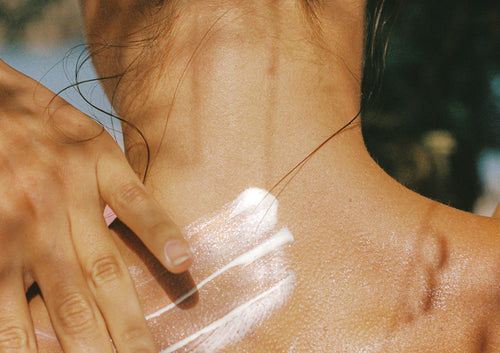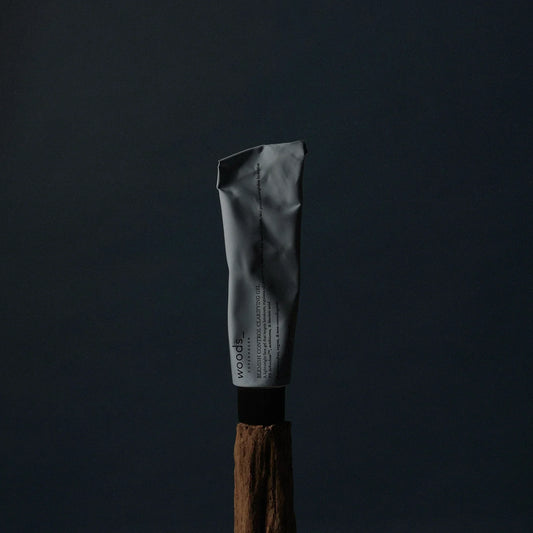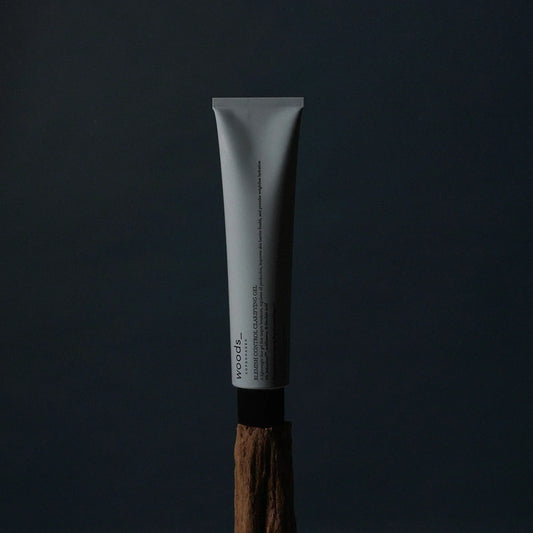Immediate or delayed effects
The sun sends out different types of sun rays that can have different consequences for the skin. The damage most commonly shows up on the skin as sunburns, rashes, blisters, and itchiness.
However, while some of these reactions occur immediately, some of them can be delayed. This means that the reaction develops hours or even days after the skin has been exposed to sun rays – with some even worsening over time.
Reactions can build up in the skin
In continuation of delayed reactions of sun damage, it’s worth noticing that sun damage can build up in the skin. This means that the damage won’t necessarily be visible on the skin’s surface at first but will develop as time passes on.
Actually, some types of UV-rays have the potential to penetrate so deep within your skin that they can change your DNA. Therefore, going unprotected in the sun can lead to more long-term consequences such as skin discoloration or even skin cancer, which can progressively develop in the skin with time.
Moreover, sun exposure is one of the leading causes of premature signs of aging, meaning fine lines, wrinkles, and the skin losing its firmness can be another factor accelerated by long days in the sun.
So, with that, don’t assume that you’re immune to the sun’s rays just because your skin doesn’t flush red immediately.
Luckily, there exist products that can help soothe sunburned skin, such as our Intense Hyaluronic Mask with calming aloe vera and replenishing hyaluronic acid. And once your skin has recovered from sun exposure, our Intense Peel Mask will help rejuvenate it to counteract premature signs of aging and enhance an even surface.
Common misconceptions about skin cancer
Some falsely believe that you’re only at risk of developing skin cancer if you expose yourself excessively to the sun or lay in direct sun for hours without the protection of SPF.
Though these factors don’t make your odds any better, and even though how much time you spend in the sun or how much you get sunburned can have an impact, these aren’t determining factors. Remember, no sunscreen provides 100% protection from UV-exposure, so staying in the shadow and covering up should always be measures you take when spending your day outside.
While some types of skin cancer build up in the skin, some develop from only one very unfortunate sunburn. With that said, it’s never worth opting out on your sunscreen.
Related Category
More posts
-
3 common myths about dry skin – debunked
It’s itchy, it’s uncomfortable, and it’s unwanted. Dry skin can seem like a curse, which is why we want you to avoid pitfalls that can potentially make it worse. Get...
Read more -
Adult acne: from cause to treatment
While many associate acne and blemishes with the turbulent teenage years, the reality is that many adults continue to grapple with breakouts well into their 20s, 30s, and beyond. But...
Read more -
Skincare for teens: a step-by-step guide
Navigating skincare as a teenager (or honestly, just as much as an adult) can feel like a maze. In this digital age, we’re constantly flooded with the newest trends and...
Read more
- Choosing a selection results in a full page refresh.
- Opens in a new window.




